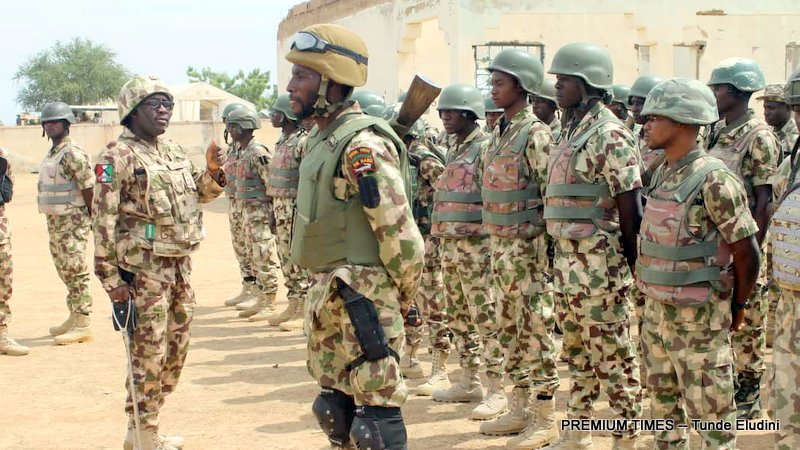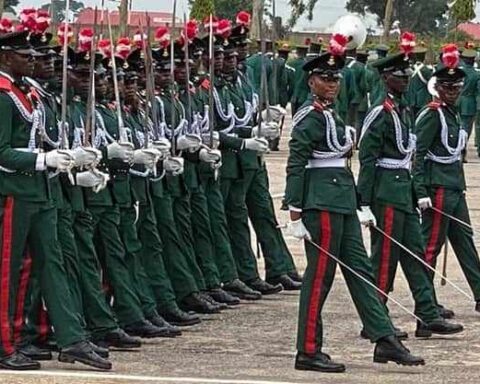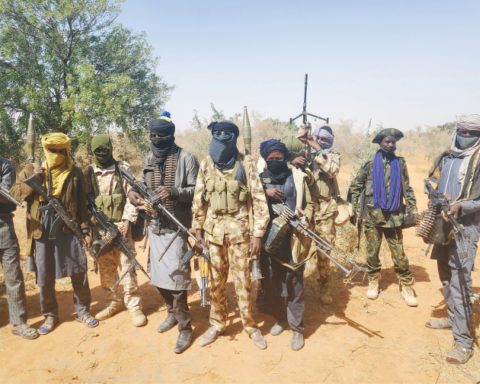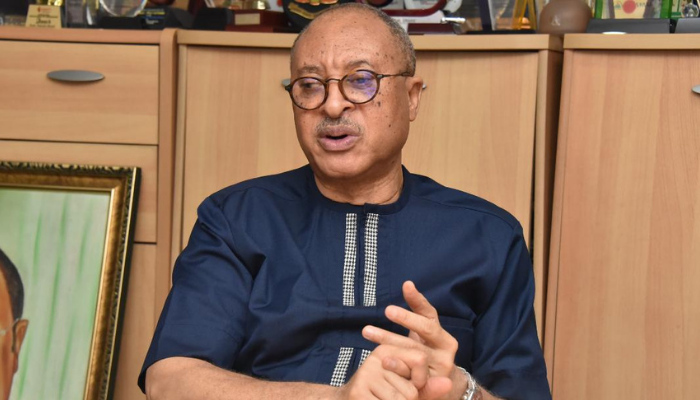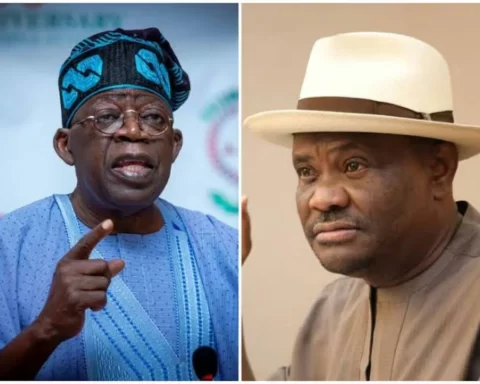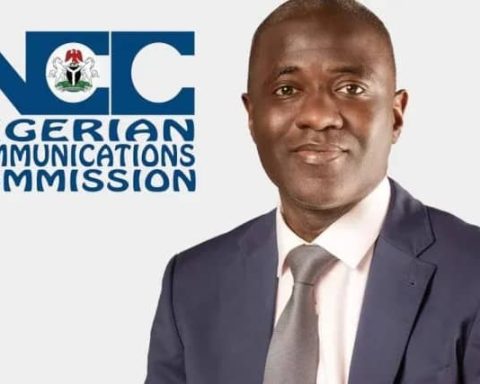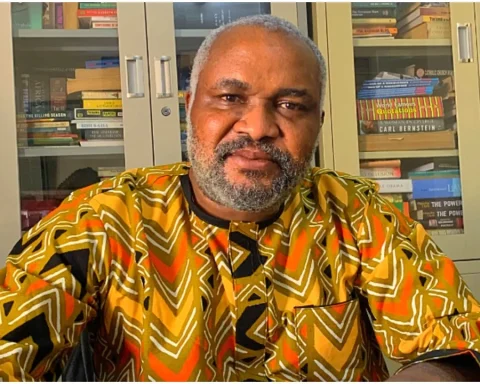The Goodluck Jonathan administration was distracted by the continuous dose of crime that threatened and endangered the nation’s national security. Kidnappings, arms proliferation, armed robberies, drug and human trafficking, violence associated with ethnic, religious and political conflicts and the Boko Haram insurgents were on a steady rise. And despite all efforts and funding by the administration in the attempt to eradicate these challenges, insecurity remained the straw that brought the administration to its end.
In 2015, the candidate for the All Progressive Congress (APC) Muhammadu Buhari made the eradication of insurgency his core campaign promise which won him the votes of the majority and ever since the administration officially assumed office in May, 2015 the Defense and Security sector has seen a steady increase in its annual budget allocation. In 2022, the Ministry of Defense and Security received 15% of the annual 2022 budget proposal. This sector was part of the sectors that received the highest allocation in 2022.
Join our WhatsApp ChannelREAD ALSO: Plateau Killings: Matters Arising
Before the Administration left office, they made the defence sector their top priority and allocated the sector the largest chunk of the 2023 budget. The sector received 13.4% allocation which amounts to over a hundred billion naira. The allocated amount includes the capital and recurrent expenditures and is provided for the military, police, intelligence, and paramilitary. Capital expenditures are used for acquiring assets including military hardware, platforms and other infrastructures; while recurrent expenditure is used for wages, salaries, allowances, and other personnel costs.
The reason for the continuous increase in the annual allocation to the Ministry of Defence is not far-fetched as the past administration was trying to combat the thriving trajectory of security issues the country has been and sadly, is still facing.
While justifying the allocations to the Defence and Security sector, former President Muhammadu Buhari reeled out a number of achievements the ministry had had because of his dedication to the sector and the safeguarding of human lives and, properties. On 6 October 2022, while speaking as the reviewing officer at the passing out parade of the 69 Regular Course at the Nigerian Defense Academy (NDA) in Kaduna, Buhari said, “This administration has since coming on board procured over 550 naval platforms, out of which 319 have been delivered…we have also increased the number of Nigerian Air Force platforms by more than 38% and enhanced the serviceability rate of aircraft in the NAF inventory by over 70%.”
The former president also noted that the Army had received over 2000 units of various Armoured Fighting Vehicles, guns, and equipment. He also admitted that despite the successes the administration had recorded the country’s security problems had evolved and assumed several dimensions in other areas of the country. According to him, his administration had been able to come up with both military and non-military strategies to intervene.
In 2021, national newspapers reported the purchase of equipment for the Nigerian Army, Nigerian Navy and the Defence Agency worth $99.5 million (37.9 billion) out of the $1 billion approved by the President at that time. We have heard of the money spent on procuring fighter jets and helicopters from other parts of the world.
Despite this increased funding by the government which has amounted to billions of naira, some analysts say the country is yet to reap the dividend of her investment in this sector. With the rise in crime and social vices like banditry, herder/farmers clashes, kidnaps for ransom and terrorism.
Some analysts have blamed this failure on the lack of coordination and lacuna between several sectors within the Nigerian defense and security system.
In an interview with Channels TV, Mr. Dickson Osajie a security analyst said: “When it comes to terrorism, countering insurgency comes from various components. Most people think the military alone, will eliminate terrorism or counterinsurgency, but it does not work that way. For the military to engage these groups with speed and momentum other components need to come to play. The economic component needs to come to play. The political component needs to come into play. The strategic components need to come into play as well.” He added that political grievances need to be addressed. According to him, the crimes committed in Nigeria are organized, and crimes classified as organized crimes have elites and leaders playing different roles in it.
Mr. Osajie noted that killing terrorists does not signify victory. “You do not classify victory by the number of terrorists you kill. What classifies victory is living in a state of peace.” He identified the lack of an effective administration of the criminal justice system as another reason for the failure to effectively combat security issues in the country.
An effective administration of the criminal justice system is meant to bring sponsors of terrorism to book. “Why crime has continued to flourish in Nigeria is because our criminal justice system is very vulnerable and weak… and justice delayed is an abuse and failure of our judicial system.”
The security system in the country as much as it needs funding, also needs proper coordination within the defense system and a holistic approach needs to be adopted by the current administration to counter the growing trajectory of crime and insurgency all over the country.




